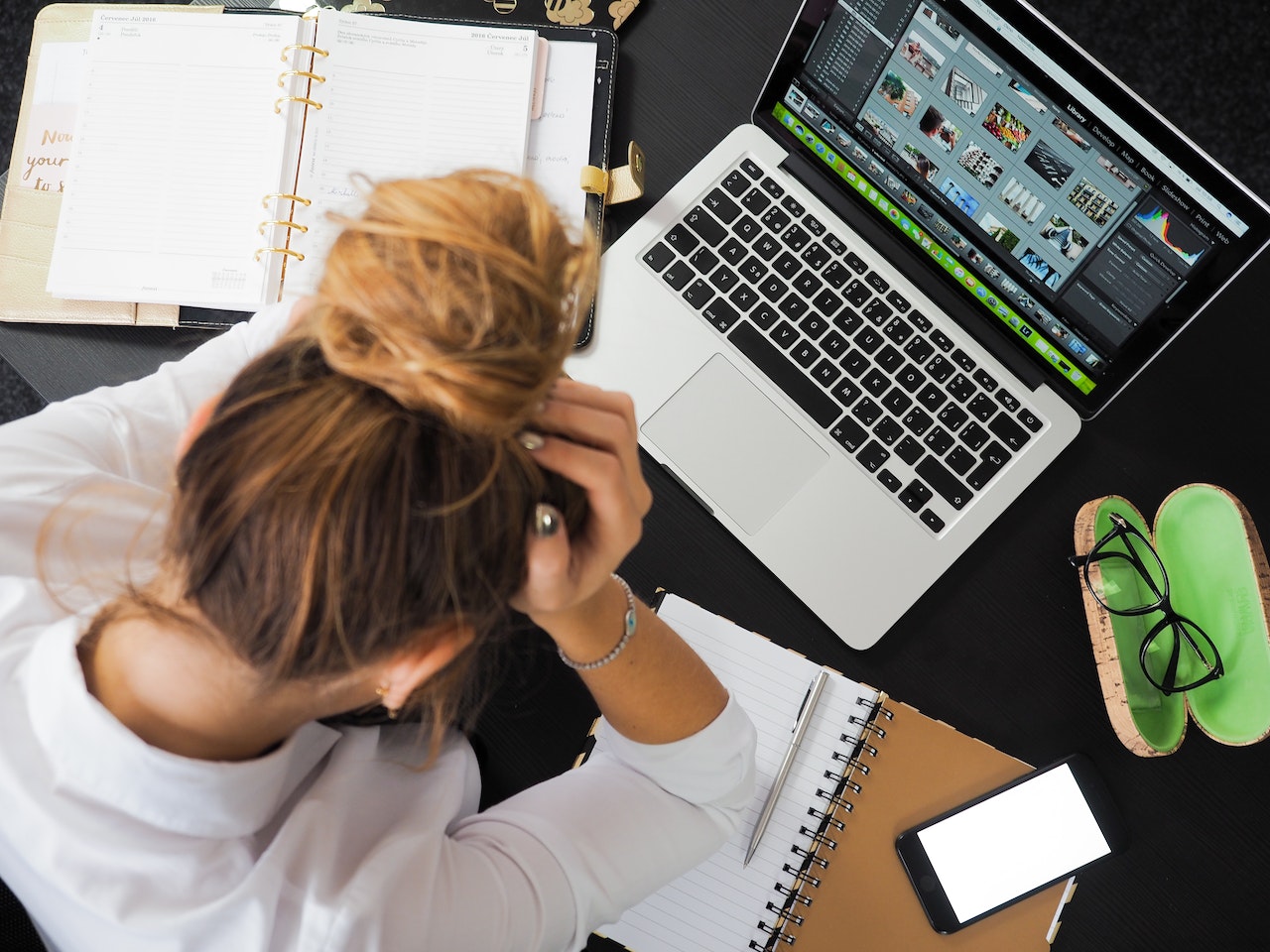
You may feel restless and agitated, more irritable than usual, and have trouble sleeping. Your body may also feel tense and tired a lot of the time. People often find their mind racing and it can be hard to concentrate on reading or watching the telly.
It is normally caused by beliefs that something awful will happen if you come into contact with whatever it is you fear, such as dying, being harmed, being overwhelmed, feeling humiliated or going crazy. Anxiety can make such beliefs stronger and more believable.
Anxiety can cause you to avoid situations resulting in problems living a normal life. It can cause you to feel as though you need to do certain things, such as checking locks, taps or lights multiple times, researching topics on the internet, such as different illnesses, or washing your hands excessively. These can be attempts at reassuring yourself that nothing bad will happen but unfortunately commonly lead to more anxiety as you start doubting yourself and needing ever more reassurance.
Thoughts can feel out of control too, such as not being able to stop yourself worrying. You can experience unwanted and upsetting thoughts about bad things happening or that make you feel bad about yourself.
Doctors and therapists use various terms to describe anxiety, including:
- Generalised Anxiety Disorder (GAD)
- Social Phobia
- Obsessive Compulsive Disorder
- Health Anxiety
- Agoraphobia
- Panic Disorder
- Body Dysmorphic Disorder
However, it can also be described more simply as worry or stress.
One of the aims of treatment for anxiety is to see if your beliefs about awful things happening are likely and if not whether you can change them to be more realistic and therefore cause less anxiety.
Different techniques are used to do this, such as looking at the evidence for the beliefs, gradually facing your fears or reducing behaviours that you feel you have to do. This is done in a way where you feel in control and is something you can achieve.
We look at what can keep anxiety going, such as avoiding situations or wanting a lot of reassurance, and how you might be able to change this. How anxiety is a normal and healthy response to danger but can happen in unhelpful ways. How this might occur differently for different people.

Treatments & Resources






